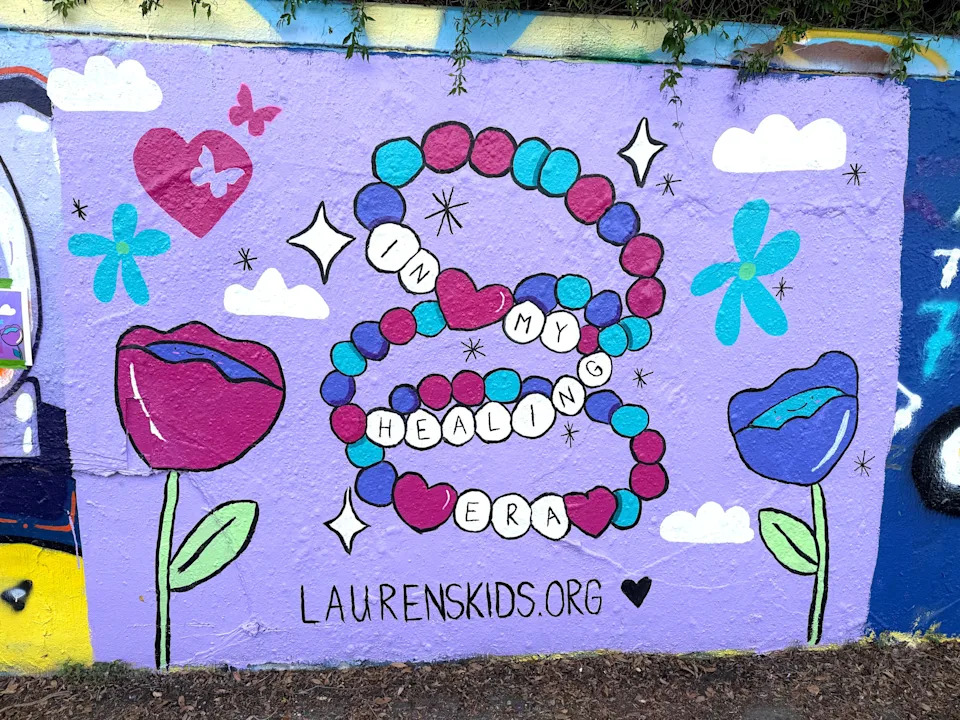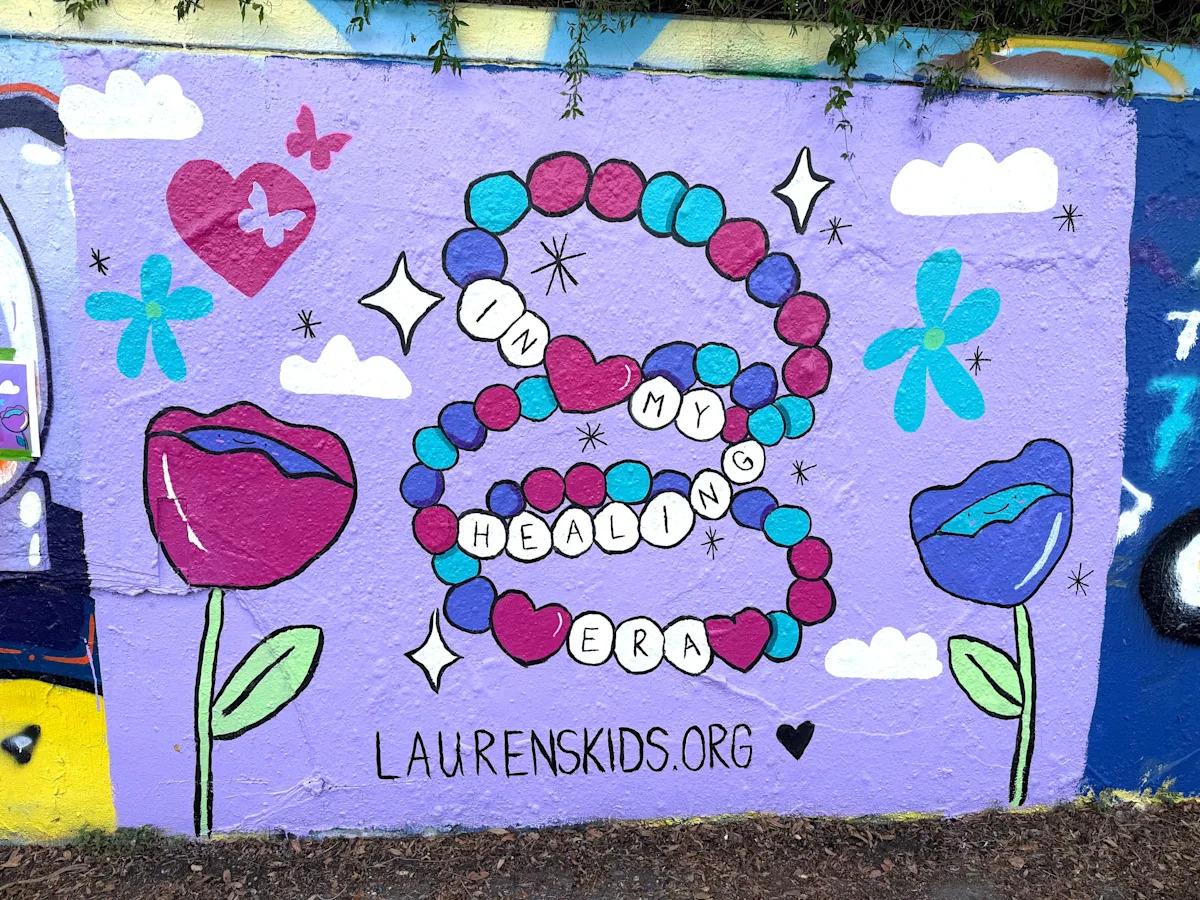The Centers for Disease Control and Prevention (CDC) estimates that at least one-in-four girls and one-in-20 boys in the U.S. will experience sexual abuse during childhood, which can result in short- and long-term physical, mental, and behavioral health consequences.
New Florida laws that went into effect July 1 seek to crack down on child trafficking, remove a loophole from laws against nonconsensual deepfake pornography, and strengthen the law against luring a child into a building for illicit purposes.
This built on efforts enacted last year when Florida created a new offense, harmful communication to a minor, and increased penalties for child exploitation crimes such as promoting sexual performances or possessing child sexual abuse material. The state also expanded the scope of the child exploitation program, now renamed to the Child Exploitation and Crimes Against Children Program.
And Florida is one of only four states that mandate statewide training for law enforcement on handlingsexual abuse cases that is trauma-informed and child-specific, according to a new report from World Childhood Foundation USA. The others are Illinois, Texas and Washington.
How is the state doing when it comes to addressing child sexual abuse and exploitation?
According to WCF’s report, Florida still gets an F.
It’s not alone. In the WCF’s 2025 United States Out of the Shadows Index, only five states, Washington, Illinois, Texas, New Jersey and Oregon, and the District of Columbia scored higher than 60% in its overall rankings for legal protections and safeguards for victims of child sexual abuse, prevention capacity, support service funding and the capacity and response from the justice system.
The report noted that among most of the states, an absence of statewide action plans, limited professional training requirements and a lack of institutional policies to set clear standards for preventing and responding to sexual misconduct was dragging down the scores.
WCF also pointed out that while most states had laws addressing school-based child sexual abuse prevention education, just over half actually required students to receive it.
Many states also have restrictive statutes of limitations for reporting abuse and adequate funding for the Florida Network of Children’s Advocacy Centers was a problem, the report said.
How did Florida rank in the US for combatting child sexual abuse?
Overall, Florida ranked 21st for 2025, tied with Ohio, with a score of 50 out of 100. That’s down from hitting 9th the year before.
“Florida has made important progress in addressing CSAE (child sexual abuse and exploitation), securing ninth position in the index overall and fourth in the Provision of Support Services domain,” the WCF USA said in 2024. “To further enhance these efforts, more focus should be placed on building prevention capacity and promoting survivors’ access to justice and compensation mechanisms.”
In legal protections and safeguards, the state ranked highly, rising to No. 10 with 74.3 out of 100. But Florida was No. 28 in prevention capacity building with 33.8, just below the national average of 34.4.
The state was also under the national average for provision of support services, coming in at No. 31 with 56 out of 100 and well down from 4th the year before. Florida was ranked No. 35 for justice system capacity and response at 36.1, well below the national average of 40.3.
A complete breakdown for the state was not included in the 2025 report, but the 2024 report illuminated where the organization felt Florida was falling short.
What is Florida doing right in combatting child sexual abuse?
A mural by former state senator Lauren Book and local artist Ari Uburti in honor of Lauren’s Kids, a nonprofit whose mission is to educate adults and children about child sexual abuse, is shown on April 22 on the 34th Street Wall in Gainesville.
According to the report, Florida has taken steps to understand and improve the response to CSAE in the state.
It mentioned the work of the Child Forensic Interview Protocol Committee, the public awareness campaign “Don’t Miss the Signs,” created by Lauren’s Kids with support from the Florida Department of Children and Families, and an increase in the availability of medical providers trained to evaluate and diagnose child sexual abuse.
At the beginning of this year, a new law banning social media platforms such as X, Facebook, and Instagram from allowing children under the age of 14 from creating accounts and requiring parental or guardian consent for children 14 and 15 years old went into effect. The state has already sued Snapchat for violations.
The new law also requires sites with sexual content to restrict minor access with mandatory third-party age verification or face stiff fines. Popular adult site PornHub and other sites went dark in Florida on Jan. 1, and in September state Attorney General James Uthmeier filed complaints against adult game sites Lustyheroes.com and Nutaku.net.
Florida also has strong legislation regarding the privacy of minors’ online data, its collection and sale. Earlier this month, Florida’s new Office of Parental Rights sued the streaming platform Roku, accusing it of selling children’s sensitive data collected from every county in the state, as well as across the nation.
What can Florida improve in combatting child sexual abuse?
The report had several suggestions:
Establish a minimum marriage age of 18 without exception and requiring all marriage license applicants to provide official proof of their age
Specifically criminalize sexual misconduct by persons in positions of trust or authority, prohibiting adults from engaging in sexual activity with minors up to the age of 18 in such cases
Enhance the comprehensiveness of sex education and require that sex education and HIV/STI instruction include information on consent and be evidence-based, culturally appropriate and inclusive of all students
Require that instruction provided to students on the prevention of child sexual abuse, exploitation and human trafficking include information about the risks of online or online-facilitated abuse
Require regular training on child sexual abuse for employees and volunteers of schools and other youth-serving organizations
Mandating the use of Children’s Advocacy Centers (CACs) for all cases of suspected child sexual abuse, and fund CACs adequately and consistently
Eliminate the criminal statute of limitations for all child sexual abuse crimes and the civil statute of limitations for all child sexual abuse claims
Reform the state’s eligibility requirements for crime victim compensation to address potential barriers to financial assistance for survivors of child sexual abuse, such as costs related to medical and therapeutic care
What legislation on child sexual abuse are Florida lawmakers considering for 2026?
There are several bills filed for the 2026 Florida Legislative Session that address, directly or indirectly, child sexual abuse, including:
HB 45/SB 212: Expands 1,000-foot radius for sexual offenders or predators whose vicimts were under 16 to also include public swimming pools and public bathing places; adds “spray pool” and “splash pad” to the definion of “pool,” changes “day care centers” to “child care facilities.”
SB 42/HB 47: Requires a Child Protection Team to consult with a licensed physician or advanced registered nurse with experience in pediatric medicine when evaluating a report of medical negligence or a medical condition known to appear to be caused by (or known to be misdiagnosed as) abuse; allows parent or legal guardians to request a second opinion on the diagnosis and treatment of a child that has been removed from their care.
HB 153: Requires the central abuse hotline to immediately send reports of child abuse by an adult other than a parent, guardian, caregiver or other person responsible for the child’s welfare to the local law enforcement agency, and requires anyone who knows a baby was born to a parent with a child under protective custody or supervision to report it to the hotline for immediate investigation.
SB 166/HB 173: Removes option for a minor to get maternal health and contraceptive information or services of a nonsurgical nature unless they are married, a parent, pregnant, or has the consent of a parent or guardian even if, in the opinion of the physician, they may suffer probable health hazards without them. Minors must also have parental or guardian consent for outpatient crisis intervention services or substance abuse treatment.
HB 245: Replaces the term “child pornography” in Florida statutes with “child sexual abuse material.” The Department of Justice advised the use of the CSAM term in 2023 because it better reflects the abuse that is depicted in the images and videos and the resulting trauma to the child.”
This article originally appeared on Tallahassee Democrat: Florida failing, improving in response to child sexual abuse, study says

